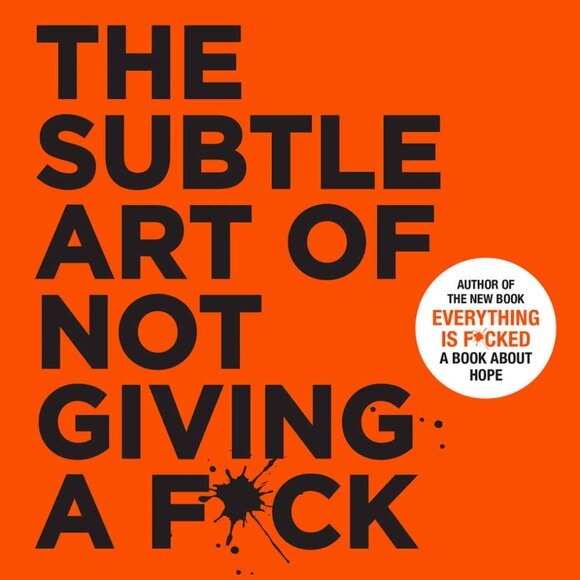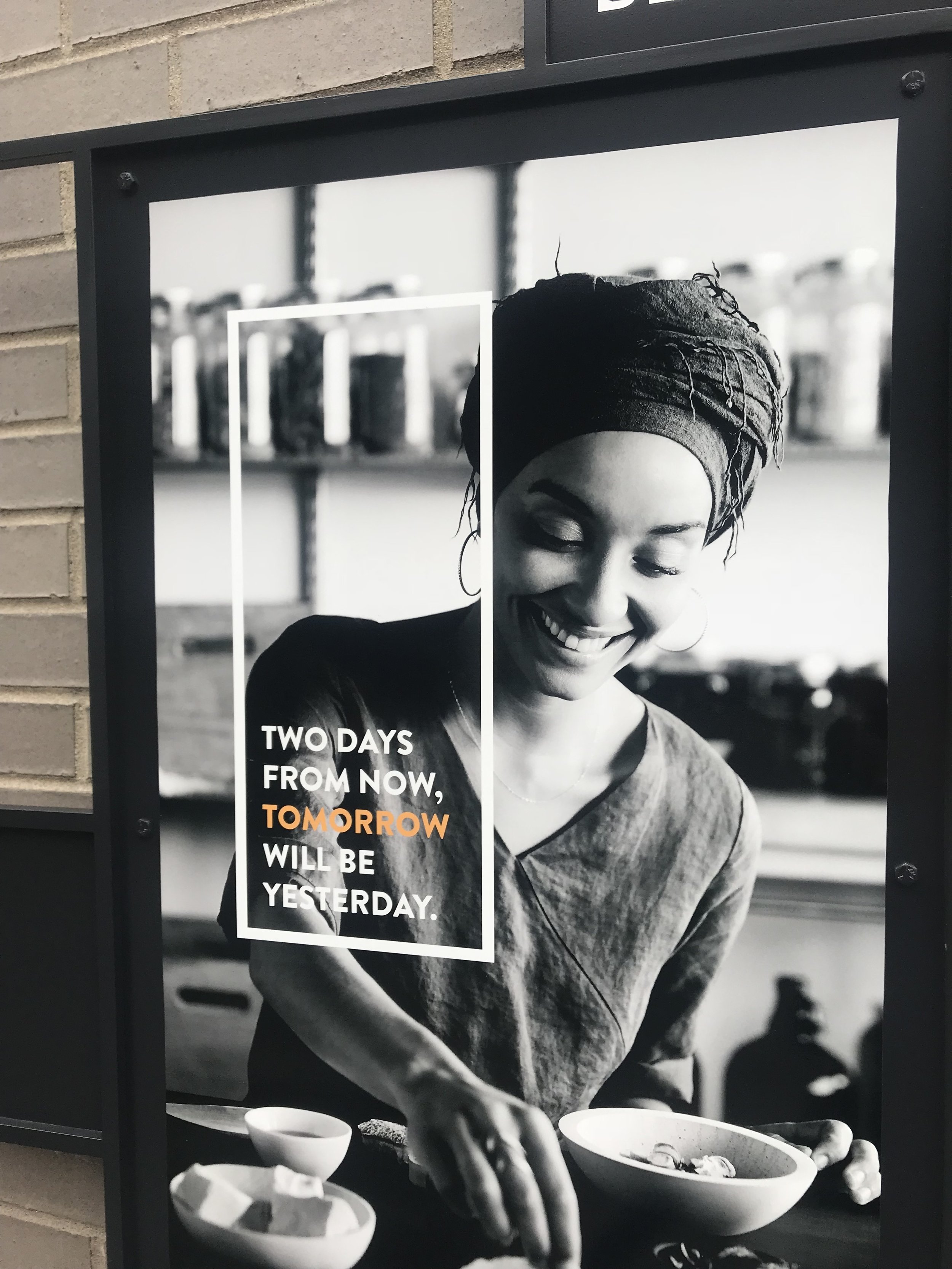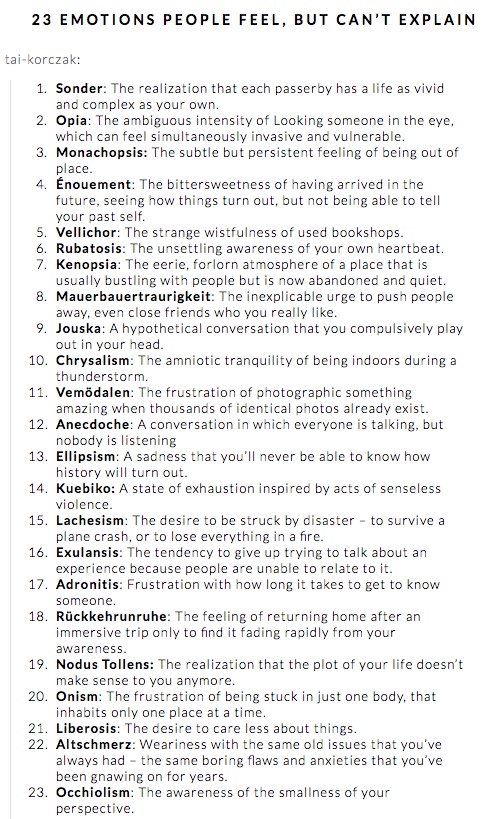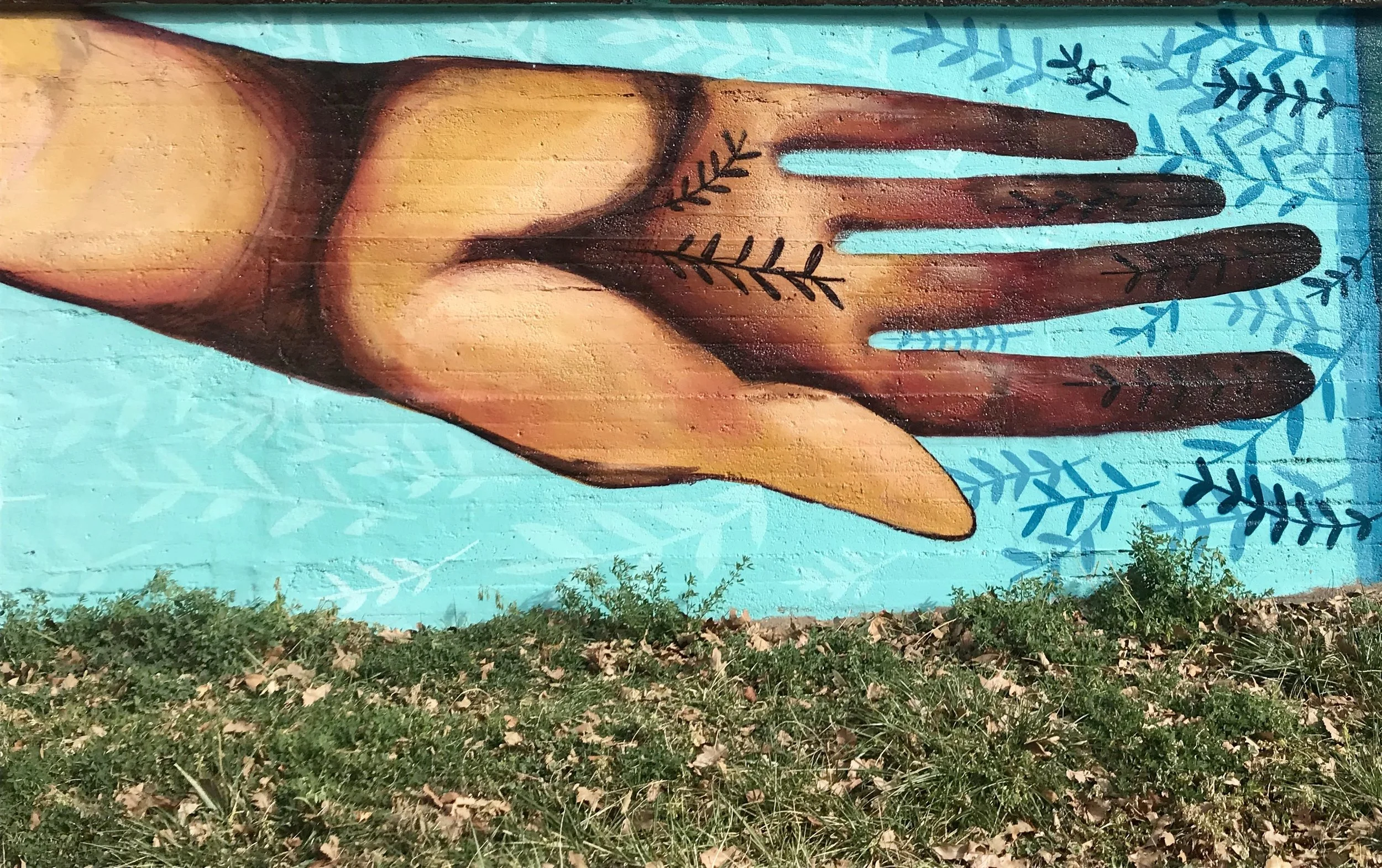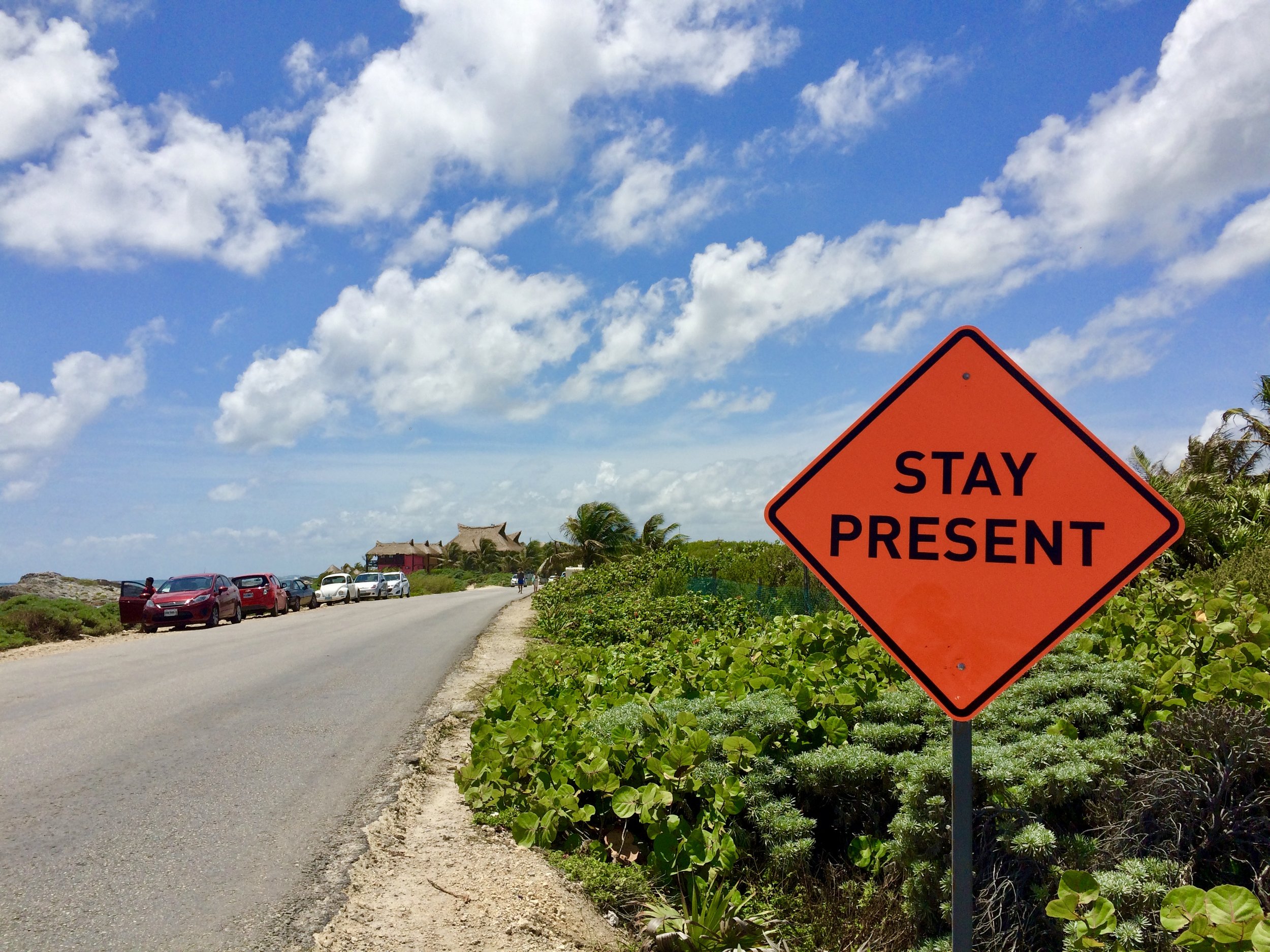
Some things personal, some things good for you,
and some overall great things.
Letters From Lockdown
As we really “get to know ourselves” and “expand into the spaces” of our (actually) not-Zen-at-all, stressed and worried and messy and crowded isolation spaces, it is greater than you’d imagine to listen to Letters From Lockdown on Snap Judgement.
Glynn Washington (just the best host, right?!) chronicles the lives of those who’ve endured solitary confinement, been kidnapped or forced into refugee camps, spent months at sea. Talk about lockdowns.
There are two types of us: those who see others’ deep suffering as a reason to suffer less in comparison (either born from guilt or gratitude) and those who see others’ suffering as reason to be even more depressed about it all.
I hope for the former, although please bypass the unnecessary guilt (suffering is suffering, as you know). But it’s not about who has suffered more, anyway. It’s about the stories of how those in isolation get clever, get creative, get through it. Whatever there is to get out of it, it’s still better than getting sick.
The Not So Subtle Art
by Marc Manson
Everybody is talking about this book.
Even the dean at my nephew’s graduation was touting it, although the almost constant f-bombs precluded him from giving the book to the students. For the faculty, it was required reading. This book is not written by an expert. It’s written by a blogger. Maybe everything is written by a blogger now… or every writer has a blog? Either way, this guy is not a psychologist, not even close.
That’s why it’s so striking that this book is so psychological, and so relevant to psychology. Especially my brand of positive psychology, which is not so much about symptoms and problems, but more about how to design your life to create fulfillment and even happiness. But constructs like happiness are slippery slopes and this book does a remarkable job explaining that, along with what to do about it.
I mean, even the chapter titles of the book just make me smile:
Don’t Try
Happiness Is a Problem
You Are Not Special
The Value of Suffering
You are Always Choosing
You’re Wrong About Everything (But So am I)
Failure Is the Way Forward
The Importance of Saying No
…And Then You Die
Unfortunately, this blogger guy really likes bad words. I wonder if anyone has counted the number of times Marc Manson uses the word fuck in this book. What I do know is that the number is just too high. It’s a little funny to even have it in the title of the book, and I get it. But it loses its funny, snap-you-into-the story value pretty quickly.
For my students and some of my clients, I went ahead and condensed the book, which is something I love to do (because who reads anymore?) And I will break down some concepts in upcoming posts. But if you really like the word fuck, and if you like to read, you can (and should) go read the book.
HERE’S THE GIST
Happiness comes from expecting and tolerating negative experiences (to make the positive ones that much better), learning to solve meaningful problems, and taking radical responsibility for our lives. We must establish values and define manageable goals. We must allow for disappointments, rejections, and for other people to figure out their own stuff.
Manson tells great stories, at one point invoking Ernest Becker to point out that most of what we care about, worry about, and try to do in life is really based in a deep existential anxiety as we contemplate mortality. Becker was a brief (due to an untimely death), unconventional, and famous professor of anthropology, psychology, and philosophy. Students loved him but the faculty dreaded him (my favorite kind of professor!). In 1973, he wrote The Denial of Death, in which he coined the term death terror; due to humans’ unique ability to contemplate death.
The premise of death terror is pretty interesting. Becker identified two selves: the physical self (our bodies) and the conceptual self (our identities). Because the physical self will surely die, we’d rather focus on the conceptual self, devoting our energy to what might live on forever. He called these our immortality projects. We try to get our names on buildings or to give ourselves to others, especially our children, so that our influence might live on forever through our actions. We wish to be remembered, revered, idolized. As you might guess, our immortality projects are based on our values, but too much of our energy goes into these projects at the expense of being present and finding everyday meaning in life. It’s hard to be curious and excited about the world when we are so focused on ourselves.
the meaning of life, the universe, and everything
Is 42…jk. At least Manson answers the question whereas Douglas Adams refused to (my apologies for the multiple-famous-author cross-referencing).
Ok, its this:
Realize you are going to die, get zen with it (remember: you were lucky enough to have lived in the first place), become less entitled, become more humble.
Here’s where I’d like to turn it back over to Manson, as this passage is quite something, and sums it all up. Maybe I will print it and make a poster for my wall. You can find it on page 200:
Death is the only thing we can know with any certainty. And as such, it must be the compass with which we orient all of our other values and decisions. It is the direct answer to all of the questions we should ask but never do. The only way to be comfortable with death is to understand and see yourself as something bigger than yourself; to choose values that stretch beyond serving yourself, that are simple and immediate and controllable and tolerant of the chaotic world around you. This is the basic root of all happiness. Whether you are listening to Aristotle or the psychologists at Harvard or Jesus Christ or the goddamn Beatles, they all say that happiness comes from the same thing: caring about something greater than yourself, believing that you are a contributing component in some much larger entity, that your life is but a mere side process in some great unintelligible production. This feeling is what people go to church for; it’s what they fight wars for; it’s what they raise families and save pensions and build bridges and invent cell phones for, this fleeting sense of being part of something greater and more unknowable than themselves.
(Almost) not a single bad word in the whole passage! Well done.
Ps. At the end of the book, there’s a somewhat questionable story about Manson coming up against the edge of his life, literally, and why he is still here to write this book. Personally, I find that part gratuitous and maybe even ethically questionable, but I guess we all have our own values after all.
Pps. I don’t read his blog but I am guessing that this book is a compilation of cool blog posts, because I was looking up a great story he tells about William James (the father of psychology, and a true baller) and the whole story is right here, so check it out:
Watch this.
This short film about Gratitude shaped Everyone Matters by Louie Shwartzberg. It’s a great reset for your day, your week, your life.
Fall in Love
I was recently reminded of this article on falling in love… it is a great read whether you’re trying to fall in love or not. I especially like the last part where you stare into each other’s eyes. It’s true that we almost never stare into a person’s eyes unless we are falling in love (or as a newborn infant bonding with a trusted caregiver, still only briefly before averting their gaze to self-soothe).
In graduate school, we endured a similar rite of passage—we had to sit knee to knee and stare into the eyes of a stranger for about 20 minutes. We weren’t trying to fall in love, but it was really something. Pretty profound.
No matter whose soul you are diving into, this article reminds us to look at each other, to truly know each other, and to remain intimately attached.
https://www.nytimes.com/2015/01/11/fashion/no-37-big-wedding-or-small.html
Post-Traumatic Growth. It's a Thing!
A few weeks ago, I was surprised to learn that my graduate students, some of whom are near completion of their doctorate, had not heard of, much less learned about, post-traumatic growth. To be fair, it is a relatively new concept. But such an immensely important one. We discussed it in reference to several of our clinical cases, but I know the most about it because of my own kids.
I remember hearing a story about post-traumatic growth on NPR. I had an a-ha moment, because I had been trying to consider the ways that my children are growing from losing their dad. This line of thinking feels traitorous to me, and I think to most people. We are expected to be devastated and miserable. And that is true. But everyone also hopes we will at least be ok. Their hearts pour out to me but even more so to our kids; they know that young minds can’t be expected to handle the immensely convoluted event of their loving father’s suicide.
So it’s pretty amazing to watch them, as they prove what they can handle. I never take it for granted. Every day they are happy and thriving, I feel that they are on the other side. I know that, at any moment, the tragedy will grip them, and at times it does. It will take decades to know just how hard and sad and strange it will feel. How abandoned or betrayed or confused or angry or even depressed they might become.
But with all those hard and yucky feelings, some great things are happening. I can’t speak for my kids, but from the outside, they seem pretty bullet-proof. They are not just getting through this, they are positively, explosively crushing it. And not with just the outside stuff, like grades or things like that. I mean the real stuff. They are genuine, vital, connected. Although so different from each other, they both seem immensely compassionate (maybe that has more to do with our pets or some Barney episodes on making friends?). They aren’t trying to be great or perfect. They aren’t perfect, not even close. They are allowed to grieve and to be messy at it. As if growing up wasn’t already messy enough.
But something is happening, and, ironically and sadly, it’s related to their huge, awful loss. Post-traumatic growth is seen when victims of trauma experience “enhanced relationships, greater self-acceptance, and a heightened appreciation of life.”
Yet, in order for this kind of outcome to be experienced (yes, noted, my kids are not “outcomes” yet), people need support from those around them. They need to be loved and listened to in order to grow. Not rocket science. But just a reminder. Love them up, people!
A blissful moment of growth, post-trauma or otherwise.
Some cool links to information about post-traumatic growth:
https://www.newyorker.com/tech/elements/can-trauma-help-you-grow
https://www.nytimes.com/2012/03/25/magazine/post-traumatic-stresss-surprisingly-positive-flip-side.html
Psychology Trending!
So great to hear Science Friday nerd out to some positive psychology! This is Yale’s most popular class, which is offered FREE, online. Listen to the Science Friday episode with Dr. Laurie Santos, professor of Psychology and Head of Silliman College at Yale University. Here is the segment:
https://www.sciencefriday.com/segments/what-makes-your-brain-happy/
And here is the class:
https://www.coursera.org/learn/the-science-of-well-being
But honestly, prepare for some homework and tests, this stuff takes real practice. And it’s not just for fun, the statistics on depression and anxiety in college students are both depressing and anxiety provoking.
One of my favorite things about the Dairy Block, Downtown Denver: Happy making.
Slam Poetry That's Good for your Soul
Harry Baker. The man's a genius. I just got my kid a book of his poems, cause you need to read them to have time to digest the words, and he is her favorite.
MIke’s Story:
Below are posts that chronicle the delicate story, and what's become the public story, of my family and of Mike's death. I hope that you get from it whatever you need. It has been a difficult but decidedly fruitful exercise in honesty, connection, and community. Whenever researching people's struggles and suicidality, be sure to care for yourself.

